We’re delighted to introduce Shadow, one of the newest ponies you can now sponsor at…
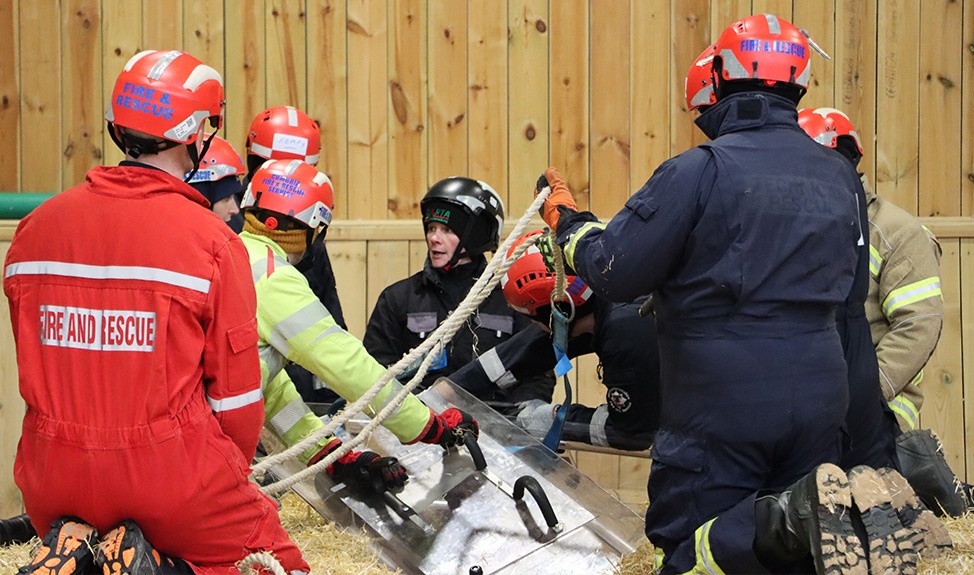
BARTA’s Response to Recent Cow Incident
The recent incident involving a police responder immobilising a young heifer with a vehicle has caused outcry from many quarters. Viewing this approach looks terrible and it undoubtedly is. But it is not the first time that UK police have been criticised for the way they dealt with loose animals.* With that in mind, there is clearly an opportunity to identify why these situations are occurring and support our emergency responders in bringing animal incidents to a safe conclusion in the most appropriate and proportionate way.
A key role of BARTA is to work with response agencies and emergency planners to identify foreseeable situations where animals and people are placed at risk and provide effective solutions through awareness, training and a collaborative approach to incident resolution.
BARTA exists because there is no clear mandate or framework which recognises non disease related emergencies and disasters involving animals in the UK. With around 62% of the population owning domestic animals and the prevalence of equines, livestock, wildlife and exotics, when there is a human emergency, it is very likely that animals will be caught up in the event whether directly or indirectly.
BARTA has just concluded its international conference (Global Solutions to Tackle Local Issues) attended by numerous countries who are all dealing with the challenges of managing small localised events, through to wide scale flooding, major accidents and fires. With likely future UK climate emergencies presenting opportunities for displaced communities, now is the time to accelerate national preparedness, with an acknowledgement that a disaster will impact people, animals and the environment and any resolution must account for the relationship between each component through Integrated Emergency Management.
Incidents Involving Animals affect all emergency response agencies in a wide range of operational contexts. The species, environment and nature of the incident need to be interpreted and from there, the most appropriate response, which could take a variety of forms and come from different agencies.
The authority in charge has a duty of care to the public but also to ensure that they adopt methods that fulfil their responsibility under the Animal Welfare Act 2006. This includes the avoidance of unnecessary suffering of a protected animal.
Examples of BARTA’s work includes a full suite of training for the various levels of fire and rescue service animal rescue response, training National Highways Traffic Officers in dealing with frequent animal interactions on UK strategic road networks and supporting Hampshire and Isle of Wight Police in continued development of their volunteer humane animal dispatch team.
BARTA recognises the importance of veterinary responders in resolving incidents safely and provides training in responding within a multi agency environment and structure.
There clearly is much more to do in ensuring all agencies have access to a network of specialist help available to resolve these incidents. But there needs to be ownership of the problems at local resilience and Governmental levels to ensure responders have the tools to effectively support their communities.
BARTA has worked in partnership with The Horse Trust for many years and drawn on expertise of their Knowledge and Skills team to develop bespoke equine behaviour and handling training, ensuring common principles and evidence based skills across responder organisations. Now formal partners, BARTA share purpose built modern training facilities at The Horse Trust headquarters in Buckinghamshire.
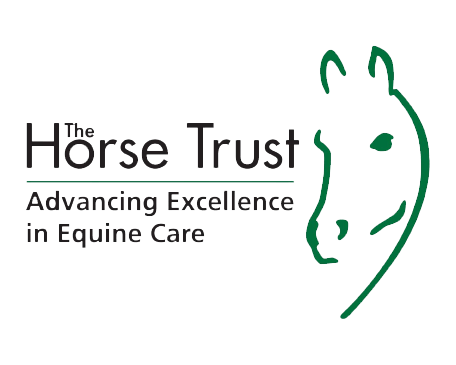
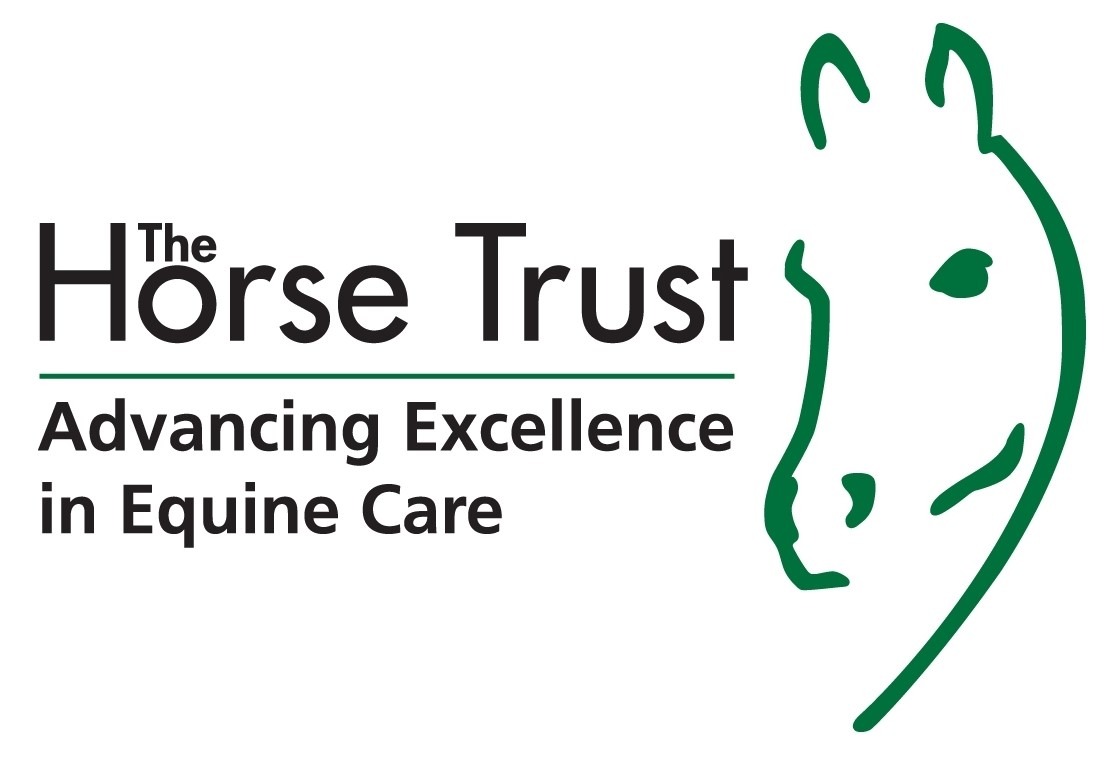

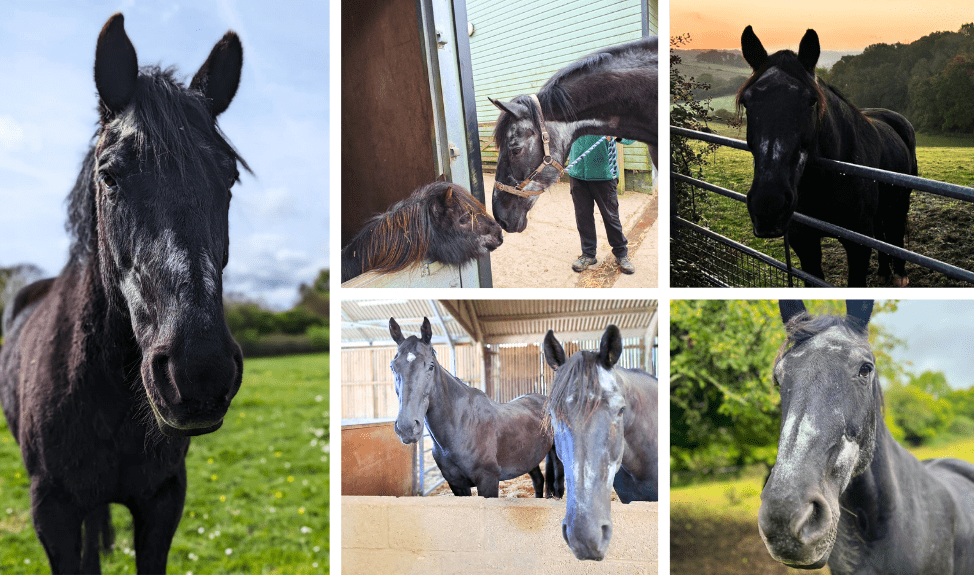
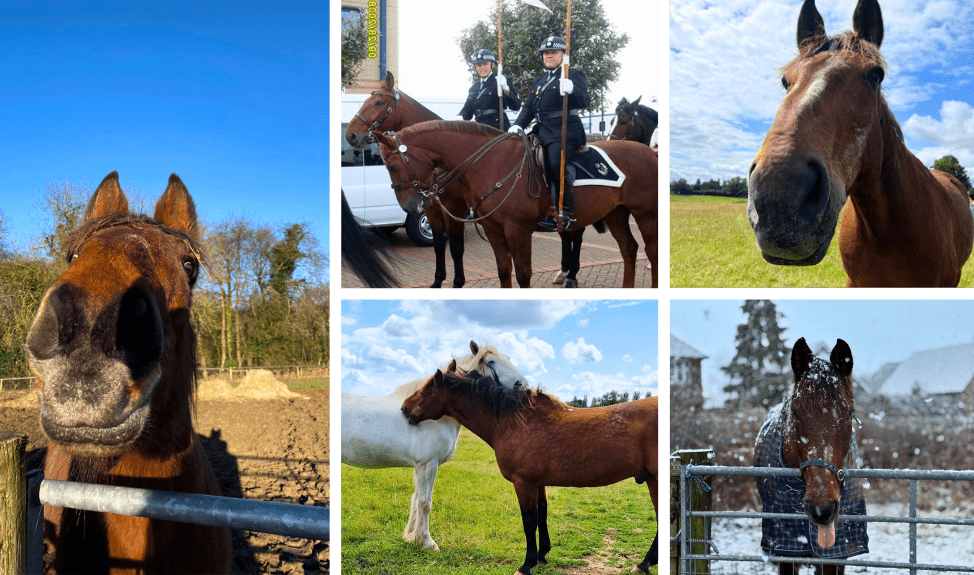










Comments (0)